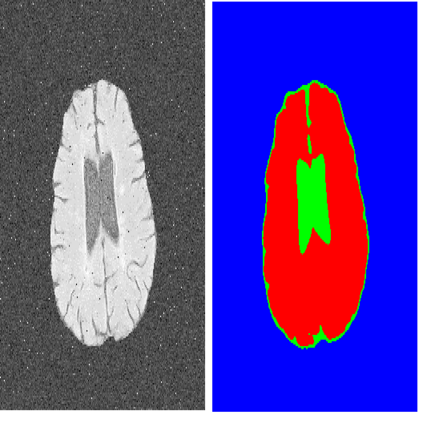Despite the tremendous success of deep neural networks in medical image segmentation, they typically require a large amount of costly, expert-level annotated data. Few-shot segmentation approaches address this issue by learning to transfer knowledge from limited quantities of labeled examples. Incorporating appropriate prior knowledge is critical in designing high-performance few-shot segmentation algorithms. Since strong spatial priors exist in many medical imaging modalities, we propose a prototype-based method -- namely, the location-sensitive local prototype network -- that leverages spatial priors to perform few-shot medical image segmentation. Our approach divides the difficult problem of segmenting the entire image with global prototypes into easily solvable subproblems of local region segmentation with local prototypes. For organ segmentation experiments on the VISCERAL CT image dataset, our method outperforms the state-of-the-art approaches by 10% in the mean Dice coefficient. Extensive ablation studies demonstrate the substantial benefits of incorporating spatial information and confirm the effectiveness of our approach.
翻译:尽管深神经网络在医学图像分割方面取得了巨大成功,但它们通常需要大量昂贵的专家级附加说明数据。少发分解方法通过学习从数量有限的标签实例中转让知识来解决这一问题。纳入适当的先前知识对于设计高性能的少发分解算法至关重要。由于许多医学成像模式中存在着很强的空间前科,我们提议了一种基于原型的方法 -- -- 即对位置敏感的本地原型网络 -- -- 利用空间前科进行几发医学图像分割。我们的方法将全球图像与原型分解的难题分为易于溶解的局部区域分解子问题与本地原型分开。关于VISCERAL CT 图像数据集的器官分解实验,我们的方法在平均Dice系数中比最新的方法高出10%。广泛的模拟研究表明纳入空间信息的重大好处,并证实了我们的方法的有效性。





